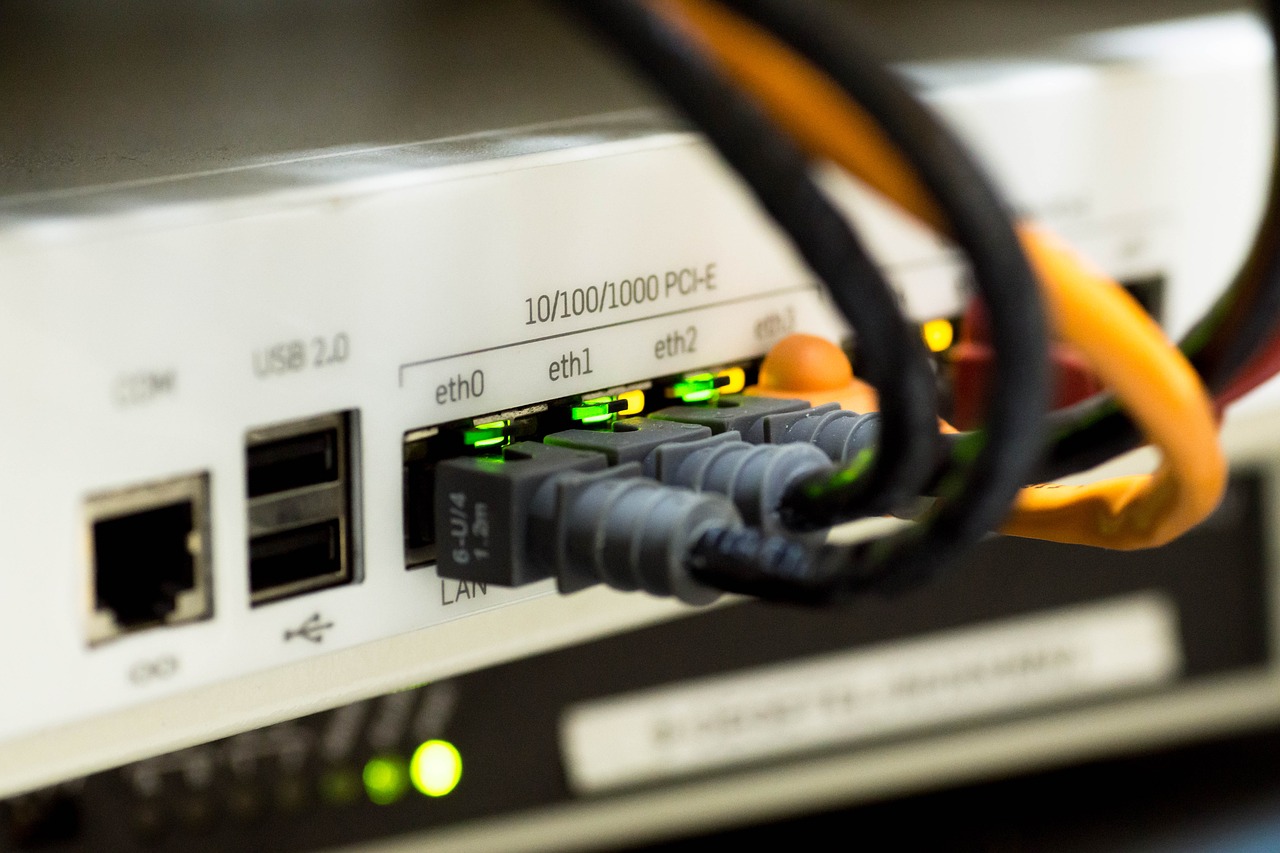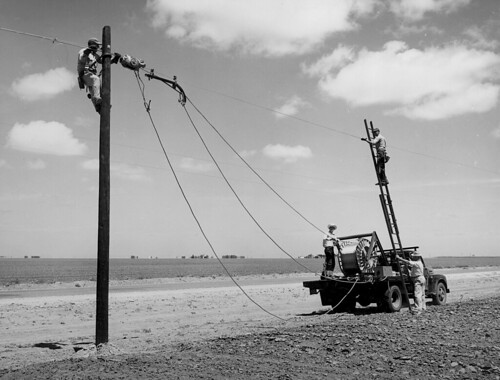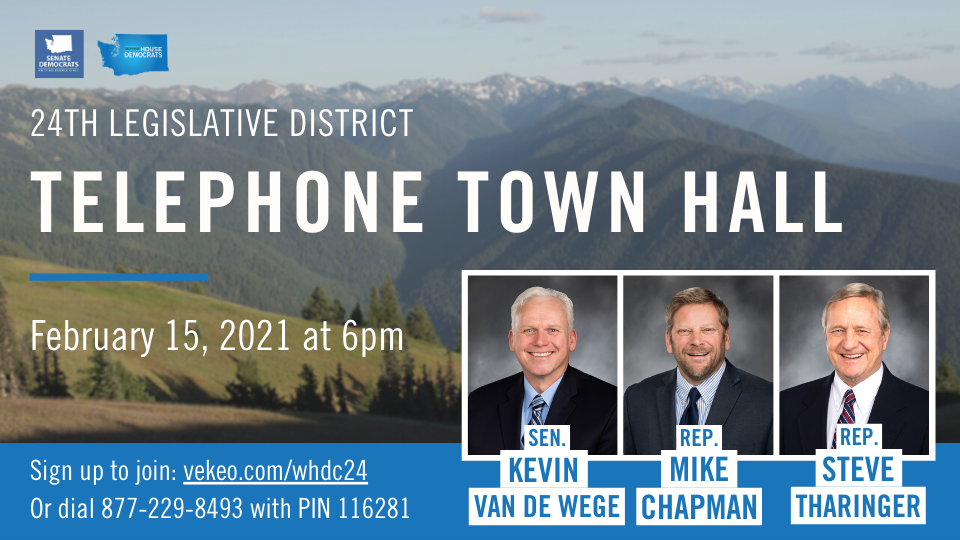Dear neighbors,
This pandemic proved that broadband internet is now a basic, essential service, like power and water. So many workers and students were forced to do things remotely, a task that’s almost impossible without broadband access.
I believe every family, school, and business needs access to fast internet. That’s a particular challenge here in timber country.
This e-newsletter will give you the latest information about what we’re doing in the legislature to tackle this problem.
Three parts to the problem
There are three main components to giving access to fast internet to everyone:
1) Infrastructure – This is everything from the fiber optic cable to the antennae and cell towners with 5G.
2) Devices – People can’t access fast internet without computers, tablets, and phones that can reach it.
3) Ability – It takes some training and skills to use internet-connected devices, navigate the web, and do business or school online.
Building the infrastructure
As chair of the House Capital Budget Committee, I’ve worked on this issue for years.
Two laws guide our current efforts.
The first passed in 2018 and set up a program with low-interest loans and grants to finance the building of high-speed, open-access broadband in rural communities.
Here’s who is eligible: cities and towns, counties, tribes, port districts, and special purpose districts. Applicants provide a 25 percent cash match.
The types of projects include fiber (1 gigabyte per second download speed ), cable (100 Mbps), broadband over powerlines (100 Mbps), microwave transmission (100 Mbps), wireless/WiFi (50 Mbps), or 4G mobile (25 Mbps). It’s administered through the successful Community Economic Revitalization Board.
The second law passed in 2019 and operates out of the Public Works Board in collaboration with the Governor’s Statewide Broadband Office.
It’s similar in that it offers low-interest loans and grants on a competitive basis to expand broadband access in unserved areas of the state. More parties are eligible, including private parties incorporated to expand broadband access. The match requirement is 50 percent for non-distressed areas and 11 percent in distressed areas or tribal lands.
These are worthy programs, and they work well. We have steadily increased spending on these efforts in recent years.
Fixing the problem this way, however, will take time. I believe we need to do more, including a look at policy reforms. Because if we don’t take bold action, lack of fast internet access could leave communities left behind.
Bold legislation to shift the landscape
The question is, how much more can the state do to help when these services are provided by private companies?
This year, there are a number of proposals to improve access to broadband internet in rural areas.
One proposal, though, wouldn’t make incremental changes. It would radically shift the landscape and could help bring faster internet to rural areas that private corporations may never serve.
There’s a parallel to the electrification of rural America, which was what gave birth to the public utility district model. Giant corporations didn’t see enough profit in laying power cables in rural areas, so they didn’t bring show up and service them. Small towns and communities formed public utility districts as the only way to provide power. This wasn’t a luxury. A town or county without electricity was at a serious disadvantage compared to a neighbor with power.
The same thing is true today. Areas with fast internet have better economies than areas with slow or spotty connections. They’re in danger of being left behind.
So why not let a city, tribe, or Public Utility District fill that void in today’s market?
House Bill 1336 is a bipartisan bill that does exactly that.
This law could truly change things. Our ports, cities, and public utility districts wouldn’t be in it for profit. They’d be providing an essential service—like power and water—to benefit their people and businesses.
Many of our public utility districts are highly aware of the history of rural electrification and the parallels to today. They see how important fast internet is to their community and install new fiber cables whenever possible. For example, Grays Harbor Public Utility District partners with other local entities to bring internet fiber to communities. They just can’t offer last-mile service—hookups to your home or business.
If House Bill 1336 becomes law, that could change, which might transform rural Washington.
We already live in a beautiful corner of Washington state. Now that the pandemic has proven that people can work remotely, professionals who used to live in work along the I-5 corridor are increasingly selling their homes and moving to rural areas with affordable homes, good schools–and fast internet. I believe bringing this vital service to every corner of our state is the best move we can make to boost our economy.
Telephone town hall
I’m happy to announce that all three of your 24th District lawmakers will host a town hall 6 p.m. on Feb. 15.
If you don’t get a phone call, please dial in to 877-229-8493 and use PIN number 116281 when prompted. You can also go to sign up by visiting this link: www.vekeo.com/whdc24
I look forward to your questions and hope to see you there!





